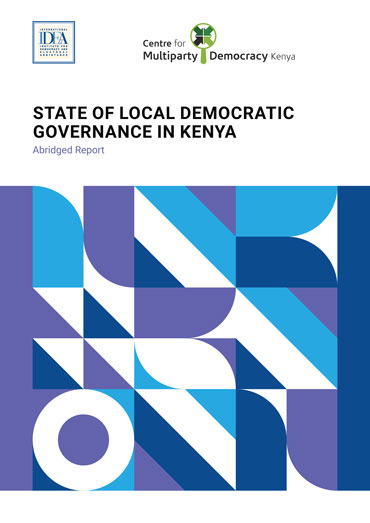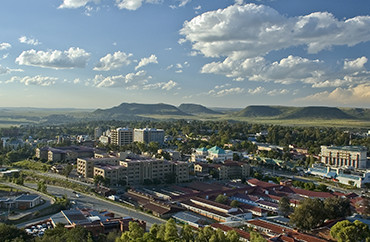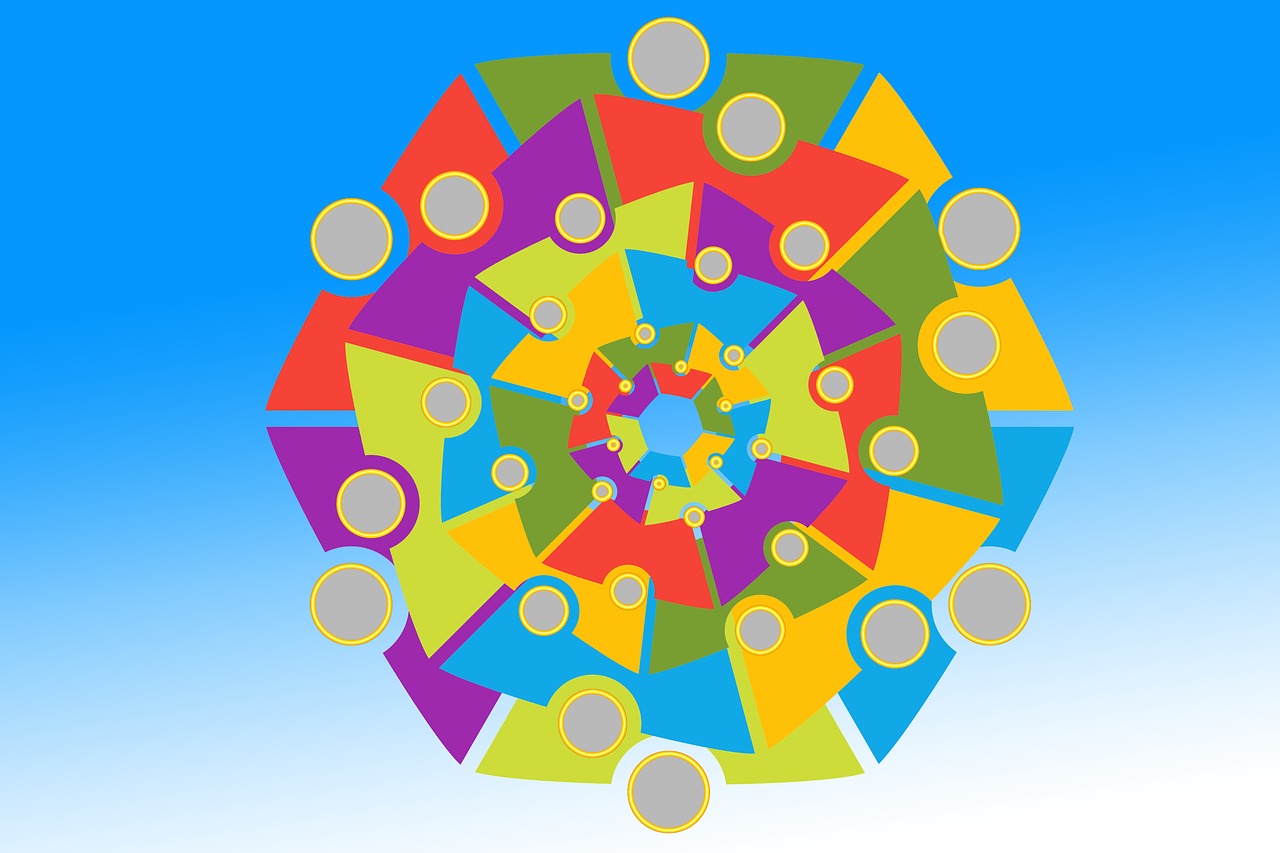Enhancing Intra-Party Gender Parity in Namibia

Women’s political participation and representation is central to equitable and sustainable development goals, and political parties are among the most important democratic institutions for promoting and nurturing such participation.
Realising the centrality of political parties in advancing women political participation and representation, Namibia`s Ministry of Gender Equality and Child Welfare (MGECW) in partnership with International IDEA convened a three-day dialogue session for political parties from 18 to 20 July 2017 in Swakopmund, Namibia. The dialogue session created a platform for collective reflection and consensus building by political party representatives in Namibia to foster compliance with the national constitution, regional and international commitments in the attainment of gender equality. The dialogue underscored the role of political parties in the achievement of gender equality in democracy building processes and institutions.
The dialogue reinforced the on-going efforts on advancing gender equality in politics and decision making by various national and global actors in line with the new global agenda of the Sustainable Development Goals-SDG 5 which seeks to ‘achieve gender equality and empower all women and girls’ and one of its targets: “Ensure women’s full and effective participation and equal opportunities for leadership at all levels of decision-making in political, economic and public life (Target 5.5)”. Namibia has ratified the UN Convention on the Elimination of All Forms of Discrimination against Women (CEDAW) and has also acceded to the Protocol on the African Charter on Human and People`s Rights of Women in Africa and the Solemn Declaration of the African Union on Gender Equality in Africa. At sub-regional level, the country signed and ratified SADC Protocol on Gender and Development. Namibia`s legal framework is strongly supportive of the participation of women in governance and decision-making. The National Gender Policy and the Gender Plan of Action supported by a plethora of other policies and the national constitution itself.
The country has made notable gains in enhancing women representation in national assembly. In 2014 national election, women representation increased from 25 per cent to 46 per cent. Notable to this achievement is primarily the amendment to the constitution of the ruling party South West Africa People`s Organization (SWAPO), requiring a “zebra list” quota system altering male and female candidates on the party list. However, the sustainability of these gains is imperative if Namibia is to attain the aspirations of the regional and international commitments on gender equality. International IDEA publication on “Political Parties in Africa through a Gender Lens (2013)”, analysed internal regulations for nine Namibian political and noted that only three had gender equality principle in their constitutions, eight had gender principle in their manifestos, one political party had positive measures for women and no party had women`s wing representative in the National Executive Committees (NEC).
The three-day dialogue session was attended by the Minister of Gender Equality and Child Welfare, Honourable Doreen Siyoka, several Deputy Ministers and representatives from nine political parties. Participants acknowledged that political parties are the primary and most direct conduits through which women can access elected office and political leadership and therefore recommended that parties should review and reform all founding documents including constitutions and party rules and procedures and align them with the National Gender Policy and implement the commitments therein. Furthermore, participants recommended a reform of the electoral law to make a provision for legislated quotas in the national assembly.


